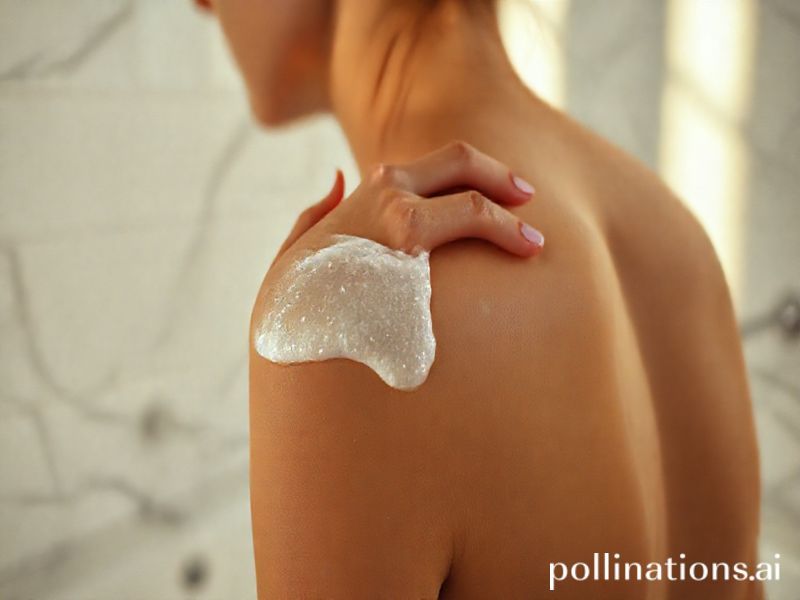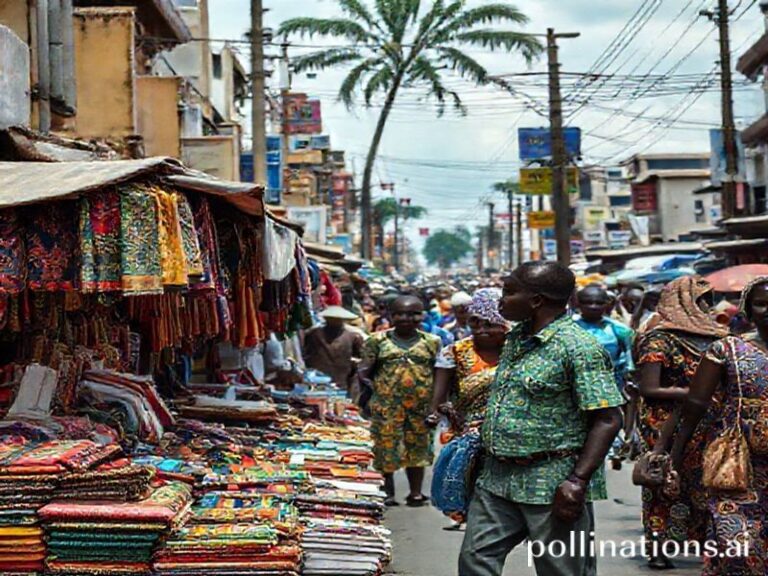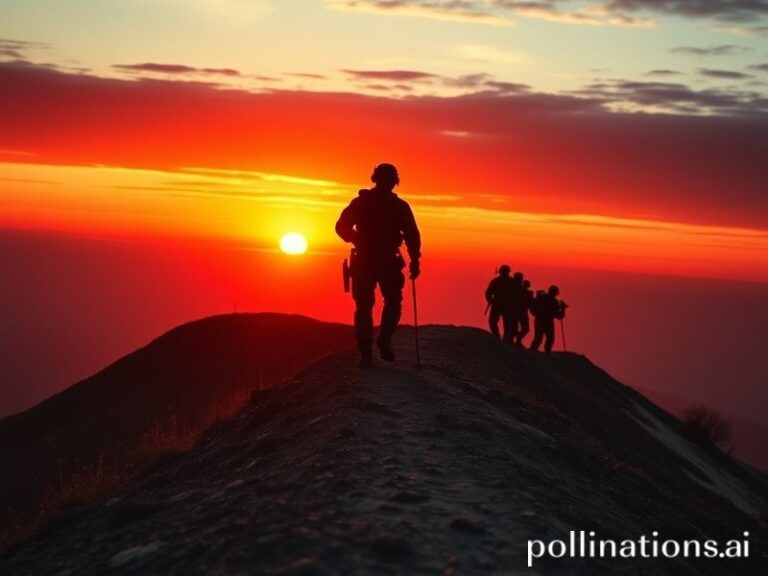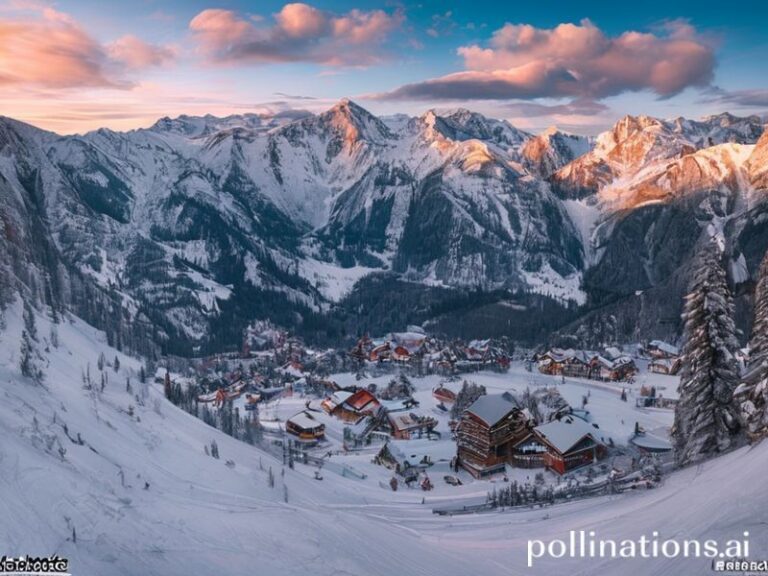Global Bodycare Boom: How the World Spends $275 Billion Trying to Outrun Its Own Skin
**Bodycare Goes Global: How the World Scrubs, Slathers, and Self-Flagellates in Pursuit of the Perfect Epidermis**
From Seoul’s 12-step “glass skin” regimens to Rio’s dental-floss beachwear mandates, humanity has quietly agreed that the largest human organ is also the most high-maintenance. Once a private affair conducted behind bathroom doors, bodycare has become a planetary spectator sport—live-streamed, GDP-boosting, and diplomatically delicate. Finland now exports more birch-tree whisks than lumber; Senegal’s shea-butter cooperatives out-earn its peanut farms; and the German government, never shy about efficiency, recently issued a 47-page pamphlet on proper exfoliation angles to prevent “wasteful epidermal loss.” In short, the world is scrubbing itself into a new world order, one microbead at a time.
The numbers are as plump as a well-moisturized cheek: the global bodycare market is projected to hit $275 billion by 2027, roughly the GDP of New Zealand if New Zealand were a single, magnificently hydrated nation. Multinationals have learned to calibrate shame to local tastes. In Manila, Unilever sells “whitening” deodorant promising “underarm confidence”; in Los Angeles, the same conglomerate pushes “pit-positivity” charcoal sticks that cost triple and come with a free meditation app. The product is identical; only the existential dread is rebranded.
Meanwhile, geopolitics has discovered the strategic value of squeaky-clean flesh. South Korea’s K-beauty surge is considered a soft-power WMD, seducing foreign currency out of pores worldwide. When North Korea tested another missile last March, Seoul’s rebuttal was not military but dermal: a limited-edition ginseng sheet mask scented with “peace waters” from the DMZ. It sold out in 48 hours, proving that nothing deters annihilation like the promise of poreless deterrence.
Not everyone is lathering along. In Sweden, “köttpeeling” (literal meat-scrub) parties—where friends exfoliate with fermented elk fat—have become a nationalist backlash against “globalized lotion imperialism.” Iran’s morality police, never ones for gentle rebukes, recently confiscated 3,000 bottles of shimmering body oil, claiming it reflected sunlight “too provocatively.” And France, ever the contrarian, is experimenting with “anti-bodycare” spas where patrons pay €200 to be told they look fine, then sent home unwashed. Sales of existentialist literature in the gift shop remain brisk.
The environmental ledger reads like a crime scene. Every year, 8 trillion microbeads sluice into oceans, ensuring that even jellyfish now glow with “radiant finish.” Ghana’s capital is literally built on Western keratin—Agbogbloshie’s e-waste dunes contain 1.3 million tons of discarded hair straighteners, their ceramic plates still whispering broken promises of “frizz-free Fridays.” Climate change, ever the opportunist, has opened Arctic shipping routes so Siberian millennials can import Hawaiian volcanic foot scrub before the volcanoes go extinct. Efficiency, darling.
Yet the human comedy continues. Japanese salarymen book “solo skin retreats” to cry privately while collagen masks stiffen their grief. British teens tan with cooking oil because Brexit tariffs made actual lotion a luxury item. And in the United States, influencers are monetizing eczema: #FlakeNation counts 2.4 billion views, with sponsors eager to drop medicated balm on any creator willing to scratch on camera. The itch is the pitch.
So what does it mean when the planet spends the equivalent of Argentina’s GDP on gels that promise to make our elbows less… elbowy? Perhaps that civilization has reached the decadent stage of moisturizing itself into numbness while the outer world burns. Or maybe it’s simpler: in an era when control is fantasy, the one kingdom still up for grabs is the square meter of skin we’re sentenced to wear. We buff, polish, and perfumed-prayer our way toward the illusion that somewhere, underneath the dead cells and existential dread, a better version of us is waiting—smooth, unscented, and ready for inspection by whatever god watches shower cams.
Until then, the assembly line of scrubs, serums, and self-looting continues. After all, the end of the world might be nigh, but that’s no excuse for ashy knees.







